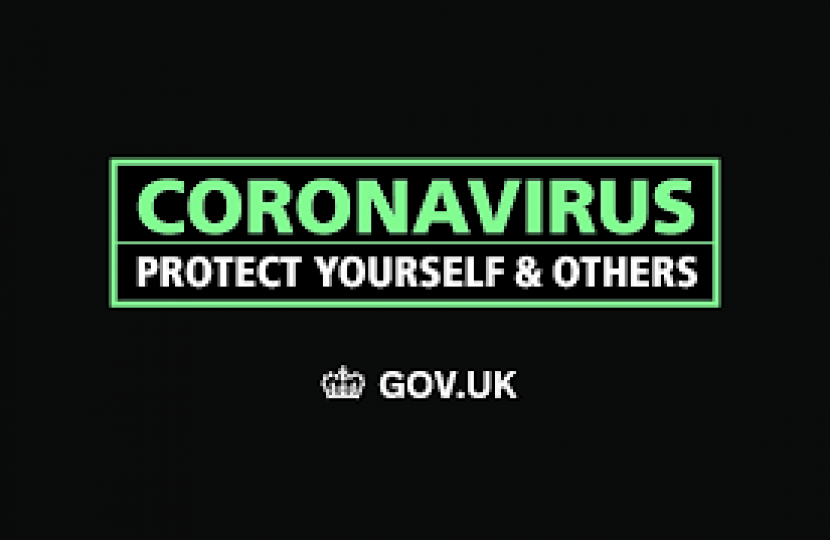
Information about COVID-19
For the most up to date guidance on Covid-19 please visit: government advice and NHS advice.
For information on how to get your vaccinations please visit Norfolk and Waveney vaccinations

For the most up to date guidance on Covid-19 please visit: government advice and NHS advice.
For information on how to get your vaccinations please visit Norfolk and Waveney vaccinations